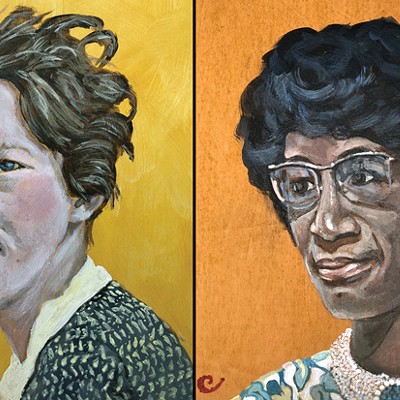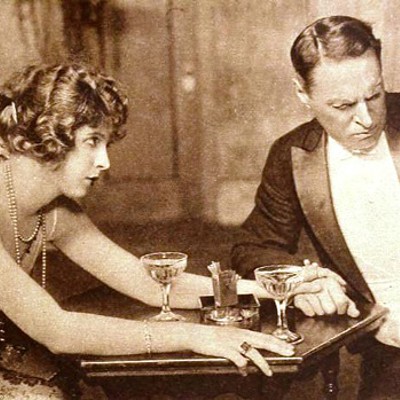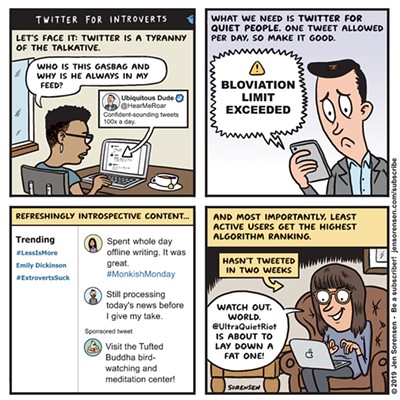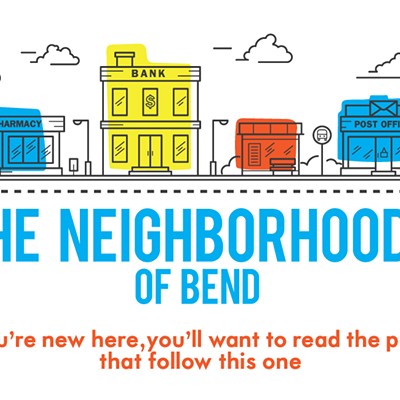#Hashtag movements have come and gone in Twitter’s history exciting social media activists everywhere. But #YesAllWomen, sparked by the violent sexism of Elliot Rodger the UCSB shooter, brings something new to the Twitter sphere that campaigns like #Kony2012 and #BringBackOurGirls couldn’t quite capture. #YesAllWomen gives the victims and activists of the movement a voice and places their personal stories front and center. Unlike other movements they become the key actors in spreading messages about feminism, rape-culture, misogyny and violence. These discussions are not being imported to Twitter from foreign countries but are instead being delivered directly from the victims to the perpetrators.
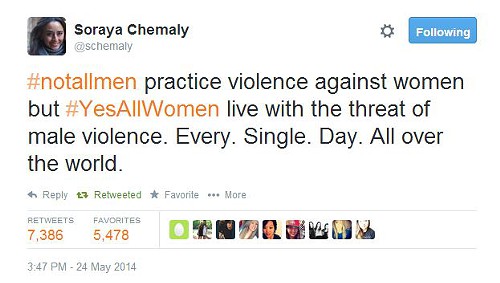
In Twitter campaigns meant to speak to foreign issues the #hashtag often becomes disconnected from the concerns, and the agency of the movements shift to a population that is largely removed from the problem. The #Kony2012 campaign was generated by the US based organization Invisible Children and was brought to life by Americans who often had just learned about the issues in Uganda from the accompanying YouTube video also generated by Invisible Children. This kind of activism was widely criticized as doing nothing but encouraging people to share or tweet a video that was as disconnected from the struggles of Ugandans as the information that they had received about the issue.
The #BringBackOurGirls movement had roots slightly closer to the source of the issue as it was promulgated by Oby Ezekwesili, vice president of the World Bank for Africa, who gave a speech in Nigeria in which she urged the government to intervene and “bring back our girls.” Soon after, Twitter users in Nigeria began to repeat her call, adopting the hashtag #BringBackOurGirls. The campaign’s success only really took off in the United States over two weeks after the initial kidnapping when Michelle Obama posted her own support for #BringBackOurGirls, which only further reminds us of the disconnect between American Twitter users who were tweeting about the issue and the girls who were actually in danger. So although both campaigns were well meaning, in that they were meant to trigger a response to the atrocious violence with which they were associated, they remained detached from the issue at large and therefore lacked overall efficacy.
Meanwhile #YesAllWomen, the campaign against the popular response “but not all men…” of “good men” to discussions of misogyny in our patriarchal society, bridges the gap between the victims and the perpetrators that past dissociative social media campaigns have struggled with. Women who have been victims of casual-sexism, violence, and discrimination are now tweeting directly to audiences of men who contribute knowingly or not to the patriarchal system of oppression. The campaign is meant to make both men and women who contribute to this system squirm. It raises awareness through concise intimate and personal stories of misogyny that women have been victims of throughout their lives but now have an international platform on which to broadcast them.
This use of social media is much more similar to that of the Arab Spring than of #Kony2012 and #BringBackOurGirls. Both cases included mass dispersion of information and reactions to violence generated by young people. This kind of social media activism leaves the power and agency of the movement in the hands of those directly affected by the issue. It generates a dialogue specific and local to those who are sharing the information and their audiences.
The responses to #YesAllWomen have varied the movement has opened the nation’s eyes to the casual and overt sexism that exists in our society. The dialogue started by #YesAllWomen is pressing and its spam on the newsfeeds of young men and women is helping to develop new questions about the influences of masculinity on school shootings. Critics of Twitter’s ability to create change and act as a tool in social issues should be warned of the power and immensity of the #YesAllWomen campaign. #YesAllWomen is a powerful movement that is changing the face of Twitter’s culture of social media activism forever. Who ever said you couldn’t help save the world in 140 characters?



